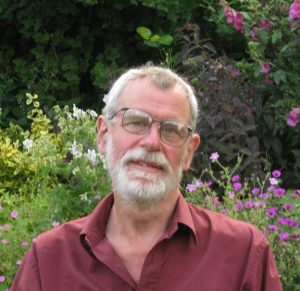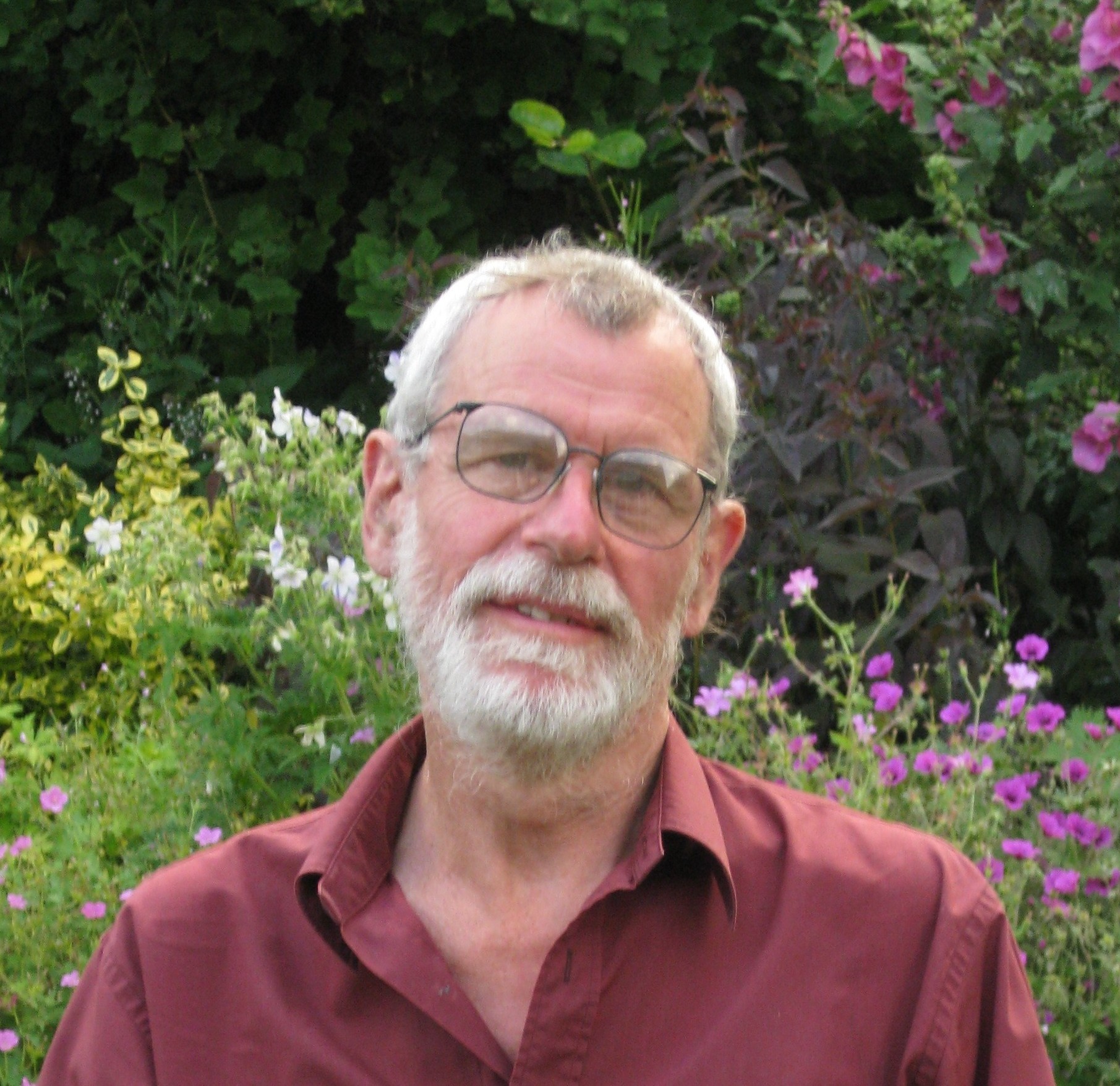 by Richard Norman, Organiser, Canterbury Forum Working Group
by Richard Norman, Organiser, Canterbury Forum Working Group
Most readers of Canterbury News will know that last year Canterbury City Council decided to abolish its Area Forums. Local people therefore decided to take things into their own hands and run the Forums themselves. Both in Canterbury and in Whitstable we’ve been very successful. The revived Canterbury Forum has had three meetings, in November, January and March. Inevitably they had to be held on-line, but perhaps partly for that reason they were very well attended. Over 70 people, including all the Canterbury councillors and more than 60 members of the public, took part in a lively and interesting meeting.
But so what? Does it achieve anything? What’s the point of getting 70 people to a meeting, it might be asked, if it’s just a talking-shop? And this is where we need to go ‘Behind the News’ and (dare I say it?) get philosophical. What’s so great about participation? Does democracy need to be participatory? In fact, what exactly is democracy?
Some would say: the less participation, the better. It’s a view that goes back to the critics of democracy in ancient Greece. Most people are ignorant. They are easily led, gullible, vulnerable to the tricks of demagogues who play on their emotions. For a modern example we could talk about Brexit, but let’s look across the Atlantic for the starkest reminder of the perils of participatory democracy. It’s all there. People who will swallow anything, fired up by a ruthless liar, believing crazy conspiracy theories, refusing to accept the result when the vote goes against them. It’s a graphic reminder, some would say, of how participatory democracy ends up in mob rule.
It’s happened before, and in the 1930s it led some political theorists to argue that we needed to rethink the whole idea of democracy. The Nazis came to power as a result of electoral success, achieved by ruthless demagogues, and look where that got us. What that showed, it was said, was that if you want a healthy democracy, then the less participation, the better. Forget about the illusory idea of democracy enacting ‘the will of the people’. Recognise it for what it is: competition between elites. Joseph Schumpeter, in his influential 1942 book Capitalism, Socialism and Democracy, argued that democracy is best defined as ‘competition for political leadership’. Elections are a sort of job interview, where we choose our political leaders and we should then leave them to get on with the job.
Fortunately in Canterbury we’re not faced with the danger of mob rule, but then there’s the opposite danger: that participation simply leads to disillusion, when people find that they can’t actually achieve anything, and so to apathy. Better to accept, perhaps, that participatory democracy is simply a bad idea.
I do think that there’s a big problem of disillusion and apathy. Too many people have too little faith in democracy, because they feel that their participation makes no difference. The result is low voting figures, unrepresentative outcomes, and a failure to hold politicians accountable. But the answer, I believe, is more participation, not less. We need to find ways of empowering people, enabling people to feel that they really can make a difference. And where better to do that than at the local level? That’s the level where people – so-called ‘ordinary’ people – really do know what they’re talk about. They may not have the answers, but they know what the problems are. They know what’s working and what isn’t. In that way, wider participation and involvement can produce better decision-making.
And that, I believe, is the answer to fears of demagoguy. Yes, there’s a huge amount of political ignorance around, and yes, people are easily led. It’s always been recognised that democracy can’t work without political education. And the best form of education is through participation. It’s by getting involved that people learn how political decision-making works. I agree with Carole Pateman’s answer to Schumpeter: “The major function of participation… is an educative one, educative in the very widest sense,… the gaining of practice in democratic skills and procedures.” That’s the political faith I share. And that’s why I want to do what I can to get more of it here in Canterbury.

